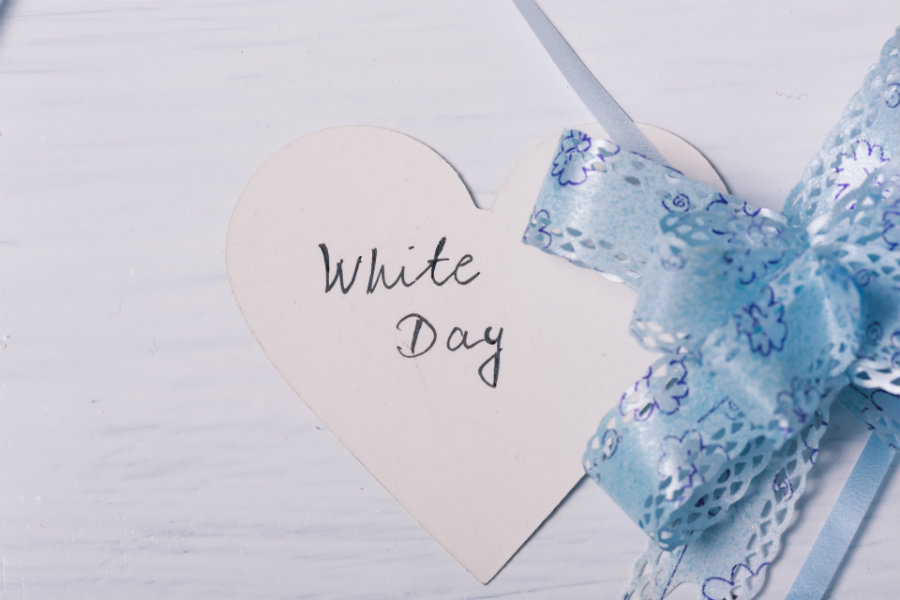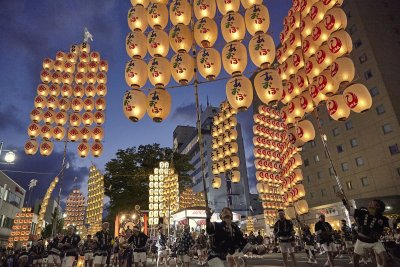Valentine’s Day in Japan is uniquely one-sided with women giving chocolates to men. However, men are not off the hook, because exactly a month later, on the 14th of March, Japan celebrates White Day and this time women receive gifts.
What is White day?
A response to Valentine’s Day and a chance to even out things between men and women, White Day was established in 1978 and it falls exactly a month later, on March 14th. This is the chance for men to reciprocate the Valentine gifts and it is believed that true gentlemen double or triple the worth or amount of the gift they previously received. The name originates from one of the first marketing campaigns for this holiday when a Fukuoka company marketed marshmallows as the perfect gifts for White Day. The day was even called Marshmallow Day at first, before being changed to the broader White Day.
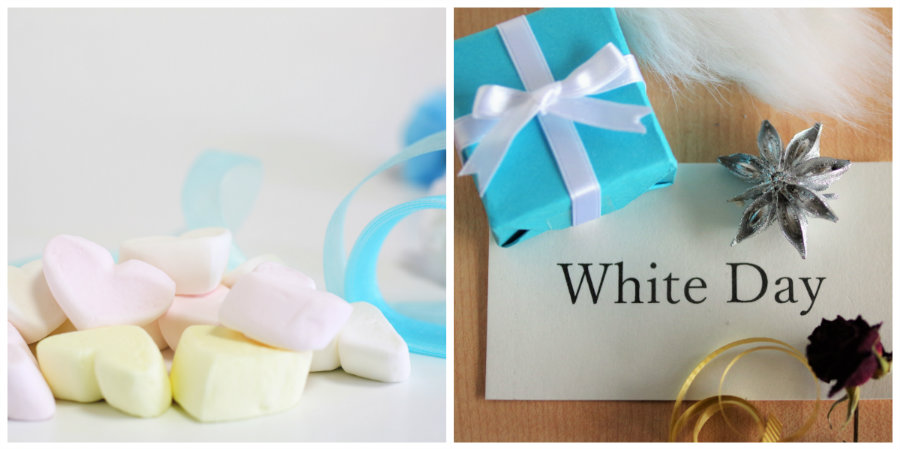
Following that, white chocolate became a favorite, although nowadays men seem to give all kinds of chocolates. The general notion is that white as a color is also the color of sugar and therefore everything sweet. If not the sweets, at least the packaging is expected to be white and very cute. Some men are even getting closer to the Western tradition of Valentine gift-giving with opting to gift not only sweets, but also lingerie, jewelry, flowers and so on. You might be wondering why they don’t go for the ever popular romantic Valentine date as a gift, but that date, for the Japanese, almost always happens on Christmas Eve.

Who can be your White Day sweetheart?
Another aspect of Valentine’s Day that differs from the West is the type of chocolate given, or more specifically the person that receives it. There are three types of chocolate gifts on Valentine’s Day and White Day often follows the same pattern. “Honmei choko” or “true feelings chocolate” is a gift-giving that is the most similar to the Valentine’s Day as celebrated abroad. This chocolate is either luxurious or home-made and is reserved for your true love/partner only.
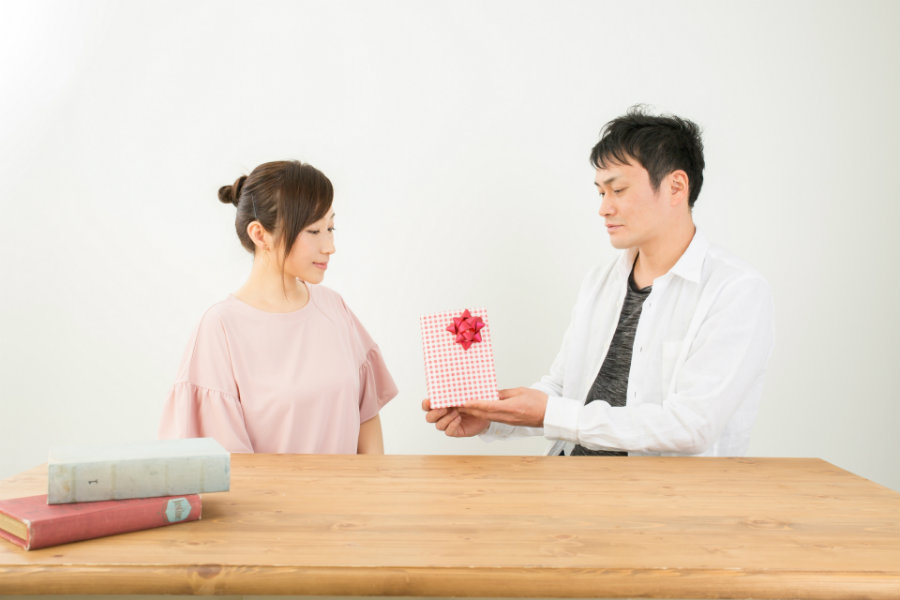
Then there is “giri choco” or “obligation chocolate” that is given to various men in a woman’s life – mostly co-workers, but also male friends and family members. The last one and most recent is “tomo choco” or “friendship chocolate” that is exchanged between friends, usually women. White Day mostly reciprocates the “true feelings chocolate” and sometimes also reciprocates the “obligation chocolate” in the office. It is very common for “obligation chocolate” to be a big box bought by everyone and shared among the co-workers. Many Japanese people nowadays are trying to either not observe the “obligation chocolate” custom or downplay it, because they say it is just too much pressure.

Today, White Day has spread to other countries as well and it is celebrated in China, Hong Kong, South Korea, Taiwan, and Vietnam. South Korea also celebrates Black Day, a month after White Day, on the 14th of April and it is for single people that didn’t receive any gifts on Valentine’s Day or White Day. On Black Day they usually meet to comfort each other and have fun, usually wearing black and eating noodles in black sauce.
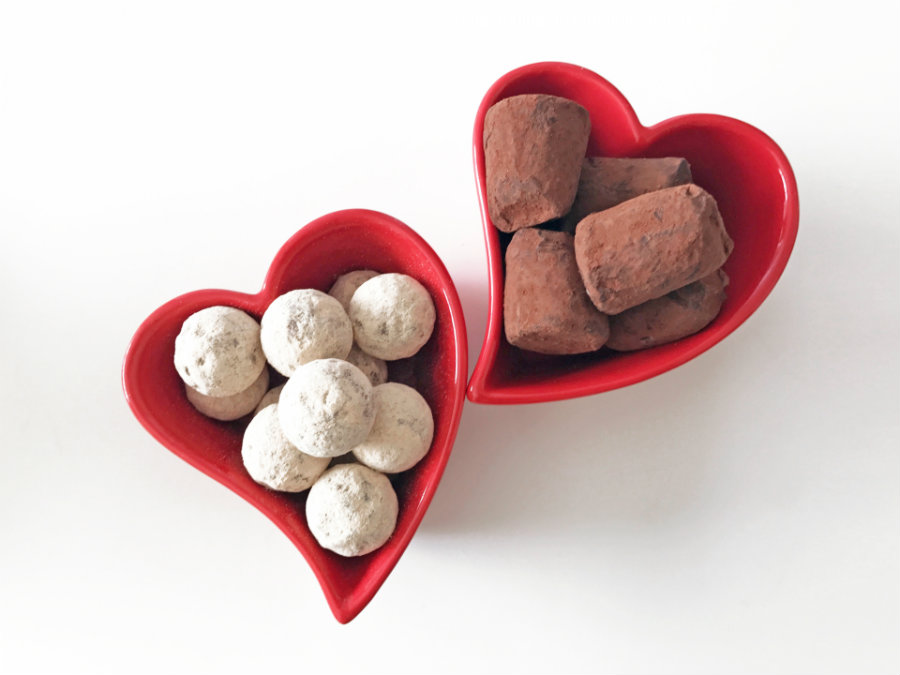
Fun fact: by coincidence, March 14th is also the anniversary of International Marriage Day in Japan. Marriage between a Japanese national and a non-Japanese person was first officially permitted by act of law on March 14, 1873.
Read all about how Valentine’s Day is celebrated in Japan in our article here.
WATTENTION WRITER PROFILE

Zoria is a writer, of the rare poet variety and a passionate photographer. If you see somebody around Tokyo taking photos of concrete walls, it must be her. She loves to dress fashionably and go drink as many cups of coffee as humanly possible, preferably in cafes with a view.MORE ARTICLES BY THIS WRITER | ABOUT WATTENTION NINJA
 0
0

